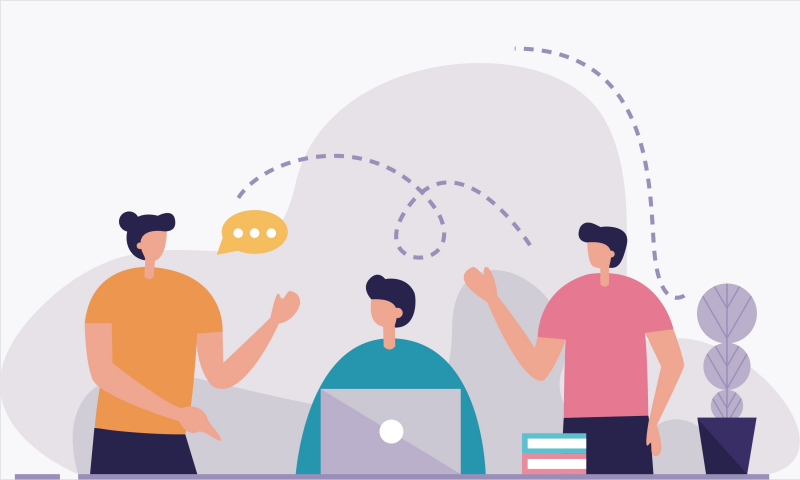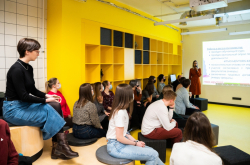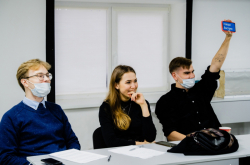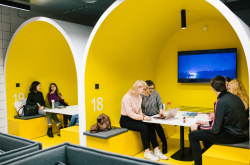Since 2018 Soft Skills disciplines have been a part of the general educational program at ITMO University, as this field proved to be relevant and important worldwide. There are eight Soft Skills subjects at our university and their contents constantly get improved and upgraded. Before the 2019/2020 year of studies began, specialists at the university began preparations to create an online Soft Skills course that would be relevant for young researchers.
“Every student asks themselves the same questions: where do you begin? How to write a paper and which journal to choose? Where do you find money for attending a conference? How do you present your research at a conference in front of proficient scientists from all over the world? How to do everything on time and succeed? Several experts that have experience in these matters are required to answer these questions. That’s why we brought together 15 professionals from various fields, who are able to talk about all of the above in small doses,” says Natalia Ten, coordinator of the Soft Skills courses.
According to Olga Echevskaya, the head of the online course, the goal of this course is to become a vivid and fascinating guide to modern science for young researchers. That’s why it covers a lot of relevant questions at once:
-
what is modern science and why successful researchers can’t hide in their office or lab forever;
-
what “life forms” apart from fundamental research exist in modern science and how to succeed with the help of improved self-presentation and personal efficiency skills;
-
how to write a paper that will be published and read by the target audience;
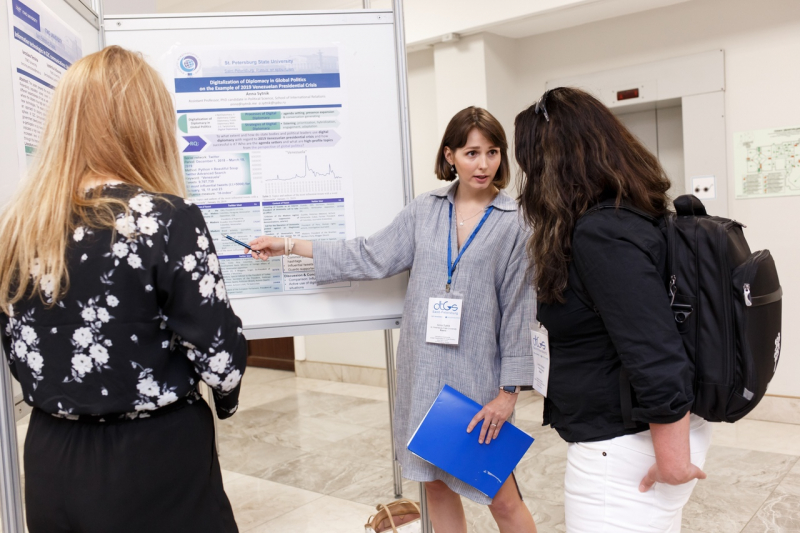
-
how to talk about your research activities in front of a wide audience so that everyone understands;
-
how to build a career in science consciously and what rankings and reputation systems may help;
-
how to commercialize your research results and why it’s important to think about the relevance of your work;
-
how to receive financial support (scholarships, grants, and so on);
-
which obstacles can young researchers face and how to overcome them;
-
which skills each “life form” requires and how to improve them.
The structure of the course
Dmitry Malkov, an analyst at ITMO’s Center for Science Communication, begins the course. He explains what is modern science and why scientists these days must leave their own laboratories and explore other fields of research as well. Dmitry also elaborates on why it’s important to share your research with a wider audience, look for financial support, and apply technologies.
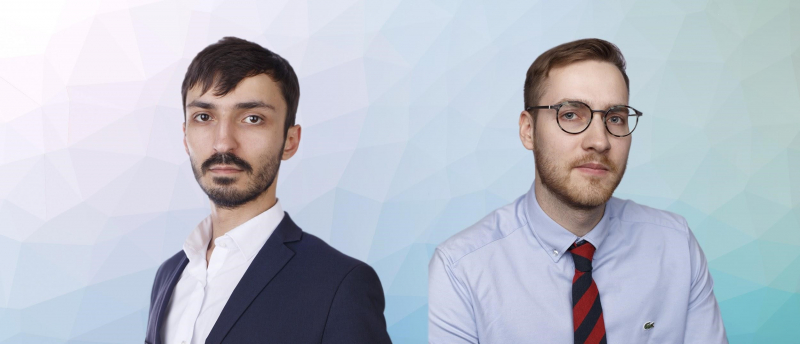
After a brief introduction, students learn what “life forms” exist in modern science, how to succeed in them, and to improve your basic skills. The first skill that scientists should work on is writing and publishing their papers. Inna Anokhina, the head of the Academic Writing Lab, helps to improve this skill. The Academic Writing Lab helps undergraduate and post-graduate students, researchers, professors, and staff members of ITMO University to write any kind of academic papers (research papers, presentations, grant proposals, essays) at any phase, both in English and Russian.
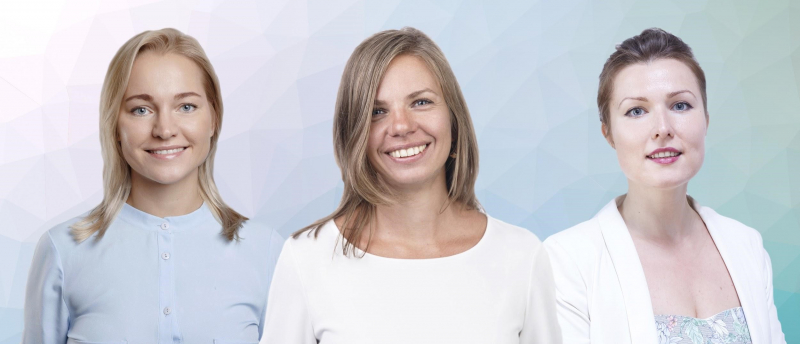
As part of the second module, Oleg Borisov, a PhD, a research associate at the Faculty of Control Systems and Robotics, an author of more than 100 publications, 40 of which are indexed in Scopus and Web of Science, teaches how to use LaTeX, a useful tool for text preparation. This program will come in handy for those students who use a lot of formulas in their papers.
The third module of the course is about scientometrics – such as Hirsch index – and choosing a journal for publishing your paper. Daniil Shirokov, an analyst at the Center for Science Communication, teaches scientometrics, and Ilya Kuftiryov, the head of the Rankings Research Center, talks about academic reputation and SciVal, a valuable tool for successful researchers.
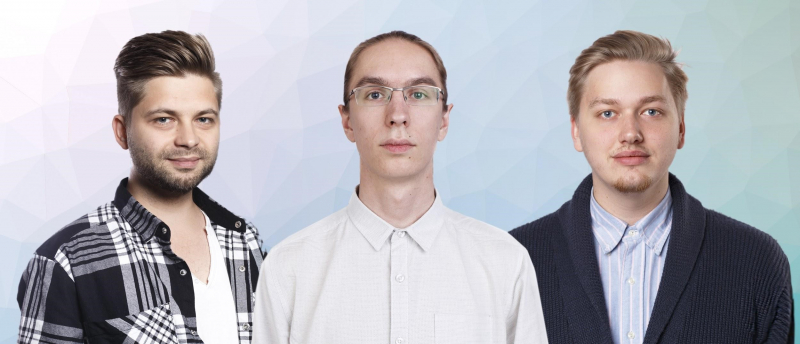
The fourth module of the course is about personal efficiency. Yulia Romanenko, who teaches “Efficient Team Management” and “Effective Leadership, Conflict Management and Team Building”, shares lifehacks for work-life balance, time management, and teamwork. Her colleagues teach how to operate in a virtual team, as well as solve problems and conflicts that occur.
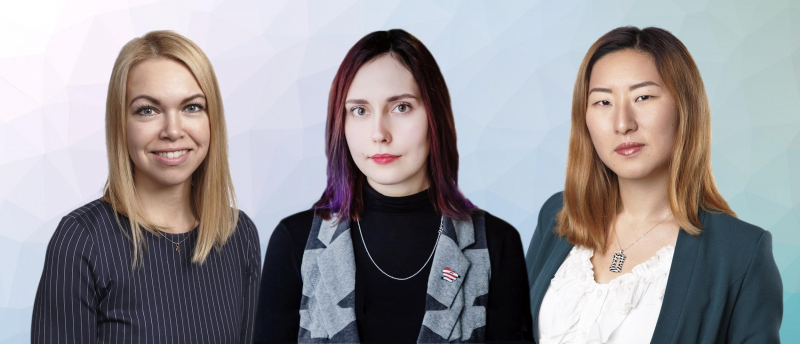
In the fifth module of the course called Self-Presentation, Natalia Hohlova and Yulia Manaeva, experts from Eurosib and Knauf Industries, teach students how to present themselves at job interviews, during business correspondence, networking, and public speeches.
Alexey Slobozhanyuk teaches how to find scholarships, grants, and contests. As of now, Alexey, being 29 years old, has won nine Russian and international grant contests, and participated in 14 internships in Europe, USA, and Australia. His h-index is 25!
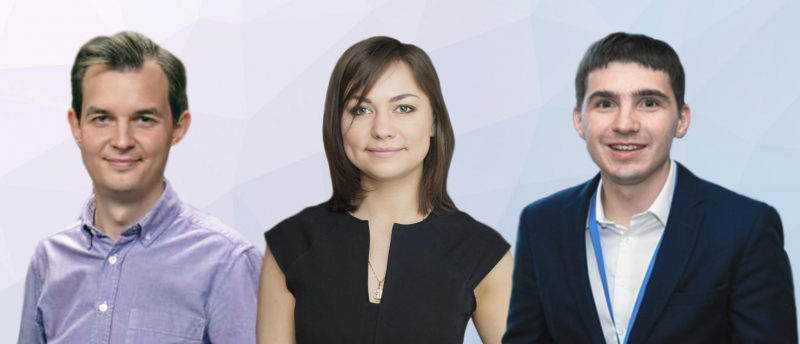
Anton Gopka, dean of the Faculty of Technological Management and Innovations, a venture entrepreneur, managing partner of the biggest Life Sciences foundation in Russia (as part of the strategic partnership of RUSNANO, Russia, and Domain Associates, USA), teaches commercialization of research projects. Anton has made dozens of venture deals in the USA, among them – three companies that are now a part of the NASDAQ stock market. His lectures are based on his experience in commercializing research projects, including tips on what investors are actually interested in and how pitches influence the commercial success of a project.
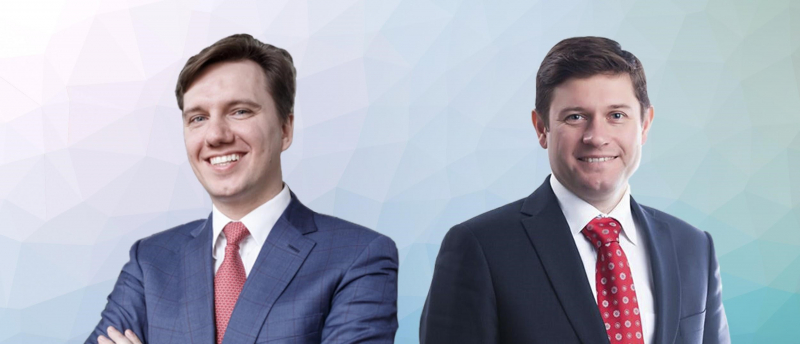
And finally, the last module is about useful tools and lifehacks on: creating a beautiful and unforgettable presentation; working with a bibliography; cloud technologies and how they can help in your daily activities; teamwork management and useful online services.
The course was launched three times: Bachelor’s students, Master’s students, and PhD students have all had the chance to participate.
The outcomes
As a final task, the students had to pick one of the academic branches:
-
Research – writing the outline of a scientific paper;
-
Popular science – making a short video about your research;
-
Entrepreneurship – working on an outline for a grant proposal.
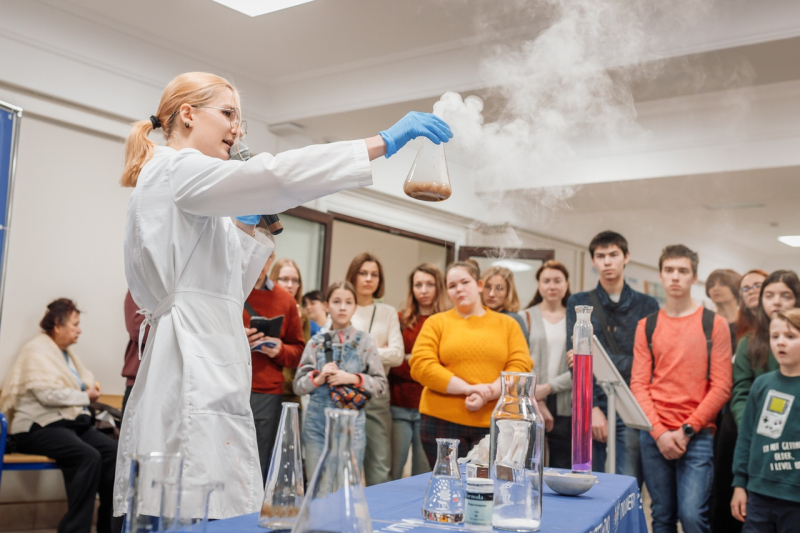
According to the authors of the course, the best final tasks were provided by the following students: Evgenii Levdik (who filmed a video on where substances come from), Igor Bogatenkov (who presented a video about lasers that turned out to be one of the best scientific videos made by students this year), Yulia Anikienko (who recorded a video on kinetic typography), Sergei Ryzhakov (who prepared a presentation on VR technologies in the modern world), Anna Vasilieva (who talked about cancer prevention), Maria Shakunova (who explained “what is project management”), Mikhail Ponomarenko (who talked about industrial cyber-physical systems), Alla Uvarova (who discussed design in applied optics), Aleksandr Naryadchikov (who shared “what is level design in GameDev”), Ekaterina Sorokina (who presented a video on urban studies in Russia), and Pablo Alloh.
The authors of the course would also like to thank Mikhail Zholudev, who voluntarily reviewed more than 150 tasks by fellow students, and Elizaveta Kobets, who made valuable suggestions for the course’s improvement. All the students mentioned above can receive their special gifts on Lomonosova St., 9, class 3103, once distance learning is over.
The materials of the course are still available. In order to get access to them, write to softskills@itmo.ru.
Institute of International Development and Partnership
